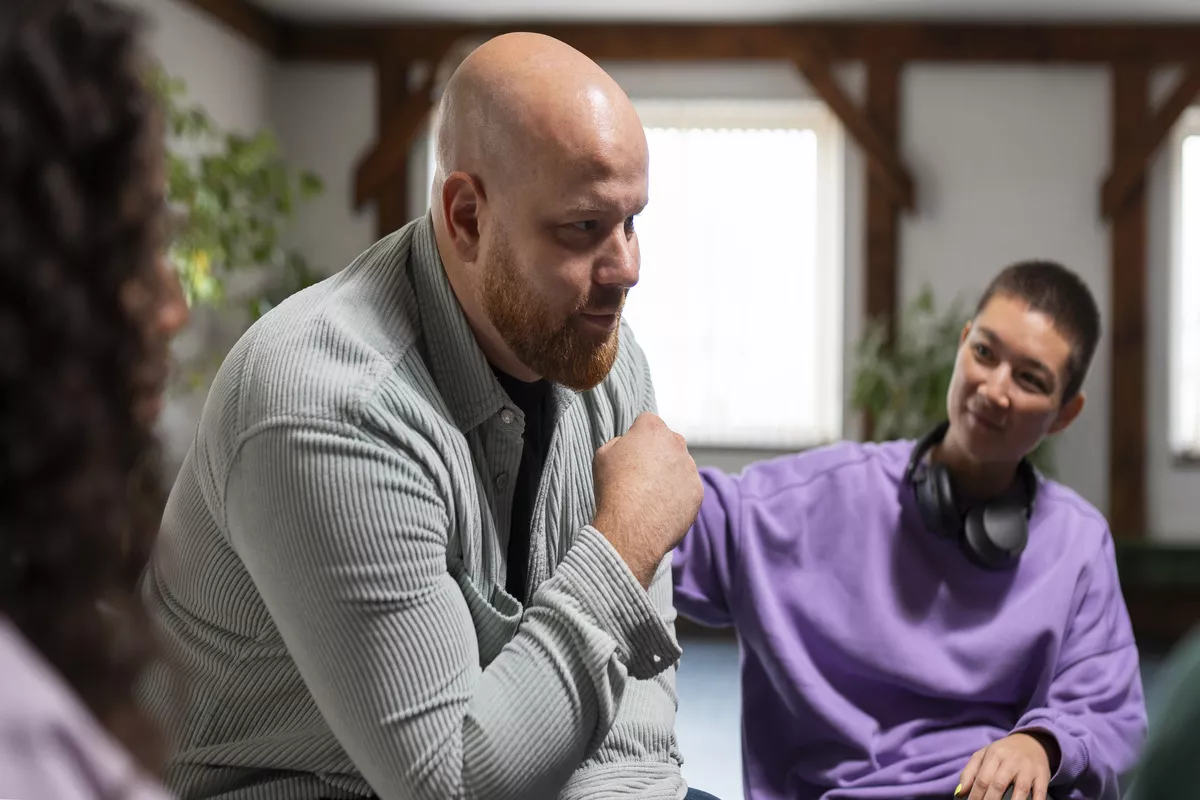Sleep is crucial for healing, yet for many cancer patients, a night of undisturbed sleep feels like a luxury, a dream. Pain, intrusive or background thoughts/anxiety, treatment side effects—so many factors disrupt rest, making exhaustion a familiar companion. But sleep isn’t just about feeling rested; it plays a crucial role in immune function, cognitive clarity, and emotional well-being. Good sleep hygiene involves simple, consistent habits that promote quality rest that can make a real difference.
What Disrupts Sleep?
Several factors can interfere with sleep before, during and after cancer treatment:
- Physical Discomfort – Pain, nausea, and side effects can make it difficult to fall or stay asleep.
- Emotional Distress – Anxiety, fear of recurrence, or depression, anticipation of side-effects, pain, etc can lead to racing thoughts and restlessness.
- Irregular Sleep Patterns – Fatigue from treatment may lead to long daytime naps, making it harder to sleep at night.
- Environmental & Lifestyle Factors – Noise, light, screen exposure, or inconsistent routines can also play a role.
Small Changes That Can Improve Sleep
Here’s what can help:
- Stick to a Routine – Going to bed and waking up at the same time daily helps regulate your body’s internal clock.
- Create a Wind-Down Ritual – Whether it’s reading, listening to music, or practicing gentle breathing, a bedtime routine signals your body that it’s time to rest.
- Limit Screen Time – Phones, tablets, and TVs emit blue light that interferes with melatonin production, a hormone which among other beneficial functions, it helps maintain a natural sleep cycle. Try switching off screens at least an hour before bed.
- Optimize Your Sleep Space – A dark, cool, and quiet room can improve sleep quality.
- Mind What You Eat & Drink – Heavy meals, caffeine close to bedtime can disrupt sleep.
- Manage Stress Before Bedtime – Practices like guided meditation, guided imagery, or deep breathing can ease the mind, refocus the thoughts, relax the muscles, and help ease the body into rest.
How a Psycho-Oncologist Can Help
When sleep issues persist, a psycho-oncologist can offer targeted support:
- Address Emotional Barriers to Sleep – Anxiety, grief, or unprocessed fears often surface at night. Exploring these with a professional can ease sleep struggles.
- Psychotherapy – A structured approach that identifies and changes unhelpful sleep patterns and thoughts.
- Relaxation Training – Teaching techniques like progressive muscle relaxation or guided imagery to promote restful sleep.
- Structuring Rest & Activity – Helping balance daily energy levels to avoid excessive daytime fatigue and naps.
- Collaboration with Healthcare Providers – Working with your oncology team to address pain, medication side effects, or other physical factors impacting sleep.
Final Thoughts
Sleep disturbances are common, but they don’t have to be permanent. Small, intentional changes in sleep habits can make a significant difference in overall well-being. And if challenges persist, seeking support—whether from a psycho-oncologist or another healthcare professional—can open up tailored strategies to help you reclaim rest.








